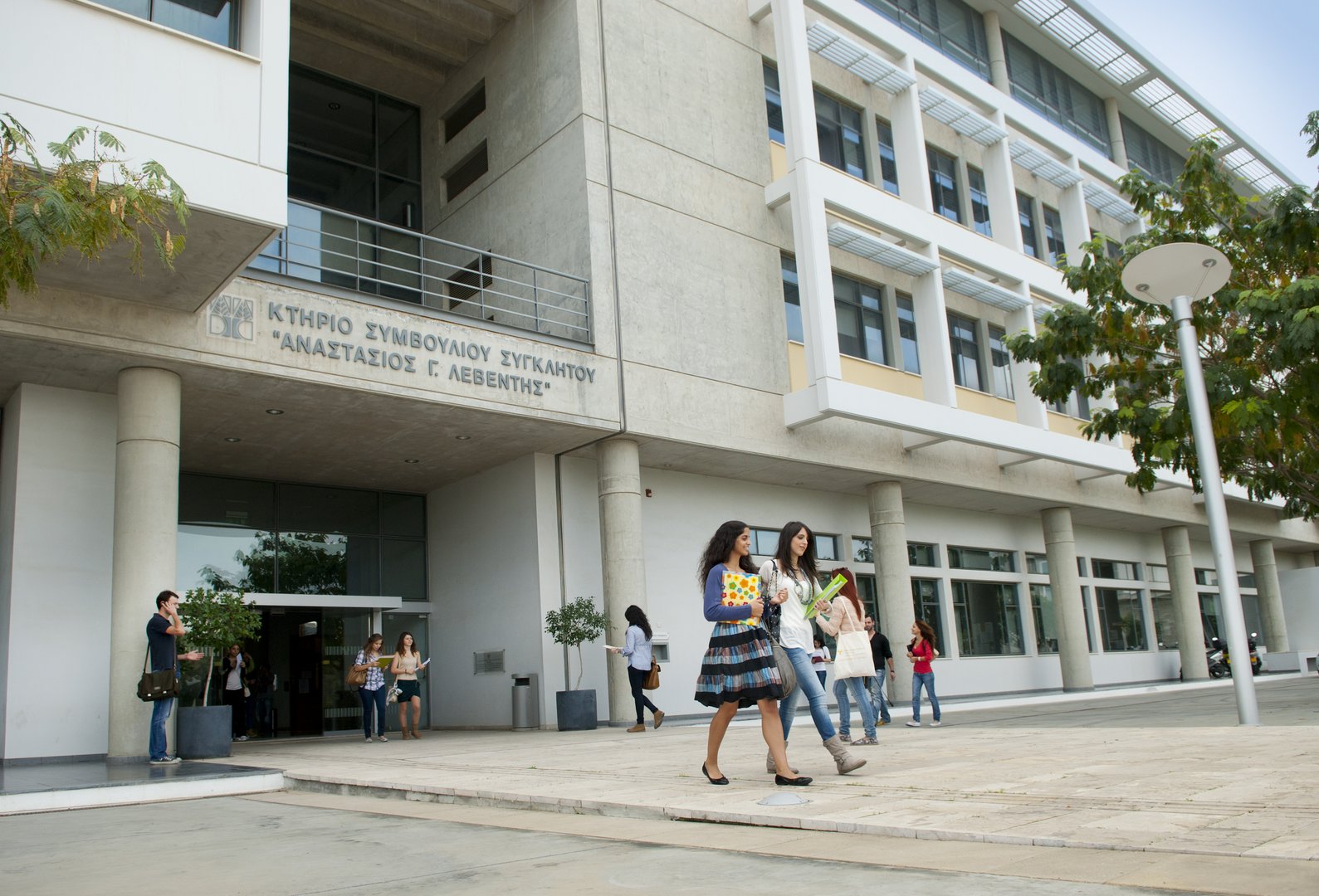Detailed discussions began at the House education committee on Wednesday over two government bills that would allow Cyprus’ public universities to offer undergraduate courses in languages other than Greek and Turkish.
The debate centres on whether the University of Cyprus and the Cyprus University of Technology (Tepak) should be permitted to deliver English-language degrees and partner with foreign universities on joint programmes.
Disy MP Giorgos Karoullas urged that the discussion be wrapped up before Parliament’s summer recess on July 10.
“This matter must move to a final vote at the plenary,” he said, stressing the need for swift action.
“We are now reviewing the bills article by article, and today we submitted our suggestions to the ministry.”
Karoullas underlined his party’s aim to boost the autonomy of public universities while maintaining fair access to both Greek-language and foreign-language degrees.
“Every programme offered in a foreign language should also exist in one of the university’s official languages,” he said.
However, the bills sparked fierce opposition from Akel MP Giorgos Loukaides, who claimed that the government’s true intention is to impose tuition fees through the back door. All bachelors degrees are currently free at UCy and Tepak for EU citizens.
“It has now been clarified,” he said, “that these programmes will be fully self-financed and that the state will not spend a single cent on them.”
Quoting education ministry officials, Loukaides warned that families would face costs of tens of thousands of euros if their children opted for these English-language degrees.
“This is a dangerous development,” he said.
“We will create a two-tier student system, and the quality of Greek-language programmes will be downgraded if the government’s proposal goes ahead.”
Loukaides also referred to comments made by the first lady, who reportedly said that 3,000 students had to be financially supported to avoid dropping out.
“What will happen if the House allows the government to introduce fees and scrap the nationwide entrance exams for these new programmes?” he asked.
Dipa MP Michalis Yiakoumi, took a more cautious stance. He said internationalising higher education is a necessary goal but must be done responsibly.
“We support this direction as long as it protects public education and does not burden the taxpayer,” he said.
Yiakoumi welcomed that many of Dipa’s proposals were included in the revised bills. These included setting a 20 per cent quota for Cypriot and Greek students and linking tuition fees to actual programme costs.
Still, Dipa expressed concerns about the constitutionality of adding English as an official teaching language and questioned whether universities had the funding to deliver such degrees.
“The university community itself has flagged serious financial obstacles,” said Yiakoumi.
He also insisted that, aside from rare cases, English-language programmes should always be mirrored in Greek, to ensure equal access and preserve Cyprus’ cultural identity.
Despite the divisions, all sides appeared to agree that the matter must be settled before the summer recess. The committee is aiming to send the bills to the full House for a vote by the end of June.






Click here to change your cookie preferences